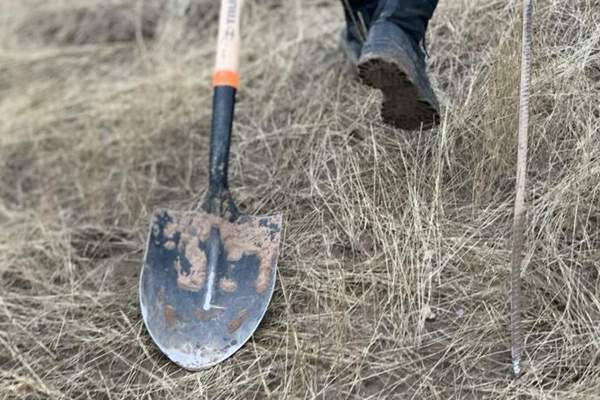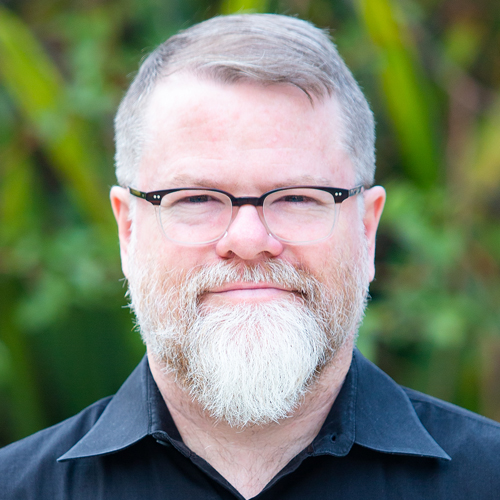We are statisticians for human rights
Being independent, non-profit, and non-partisan, we can apply rigorous science to the analysis of human rights violations around the world. As scientists, we work to support our partners—the advocates and human rights defenders who “speak truth to power”—by producing unbiased, scientific results that bring clarity to human rights violence and by ensuring that the “truth” is the most accurate truth possible.
Three directives guide our work:
Apply science to create new knowledge
We help to establish a scientifically defensible historical record of human rights abuses, including publishing public reports and providing expert testimony in war crimes trials.
Conduct basic research and development
We invent and extend scientific methods so that we can better understand patterns of mass violence.
Educate through outreach
Through speaking engagements, publications, and training graduate students, we help those working in the human rights community to better understand the role and power of statistical data and reasoning.




























